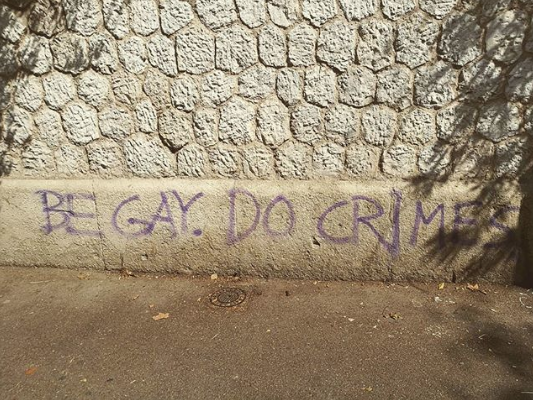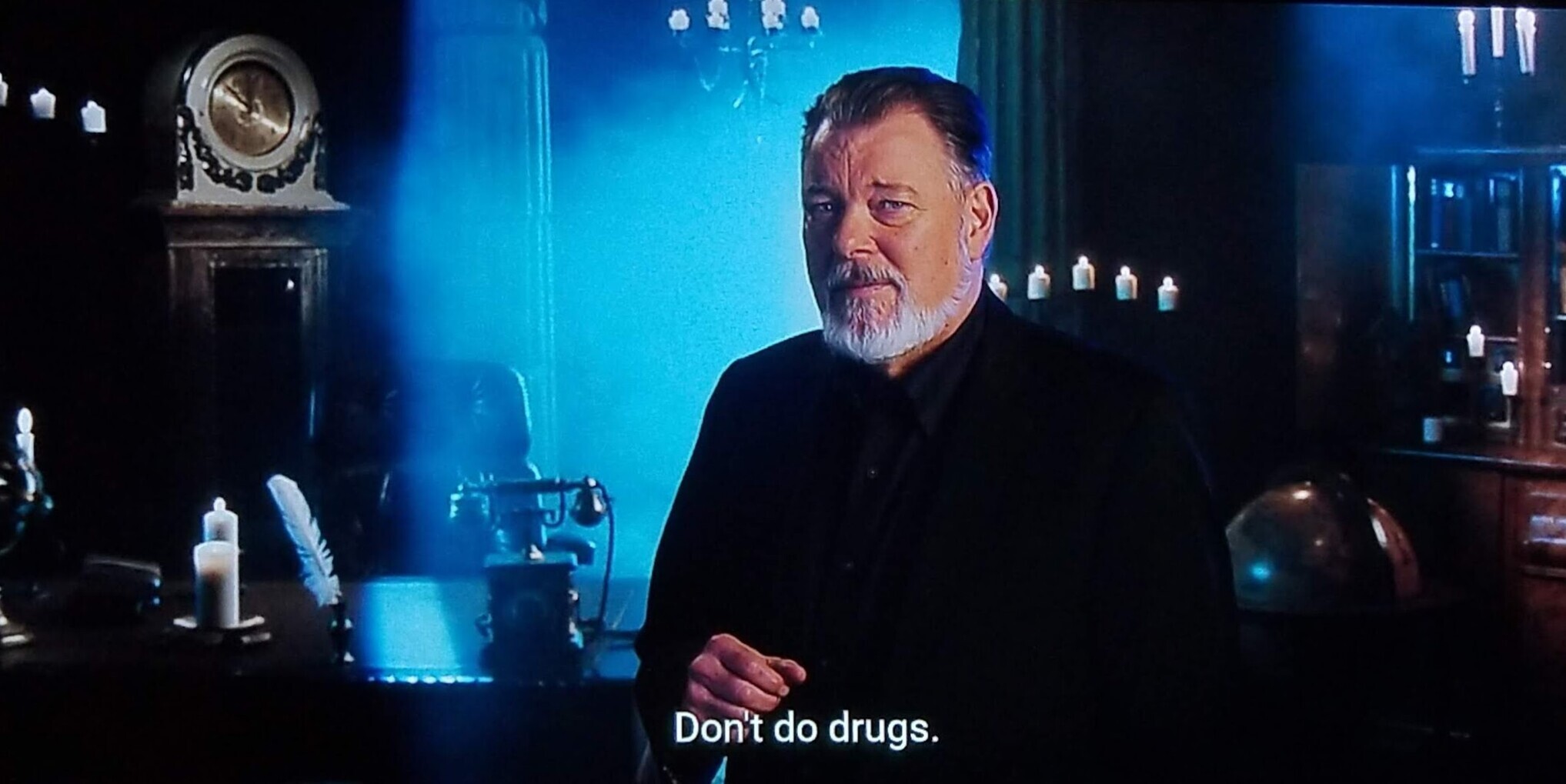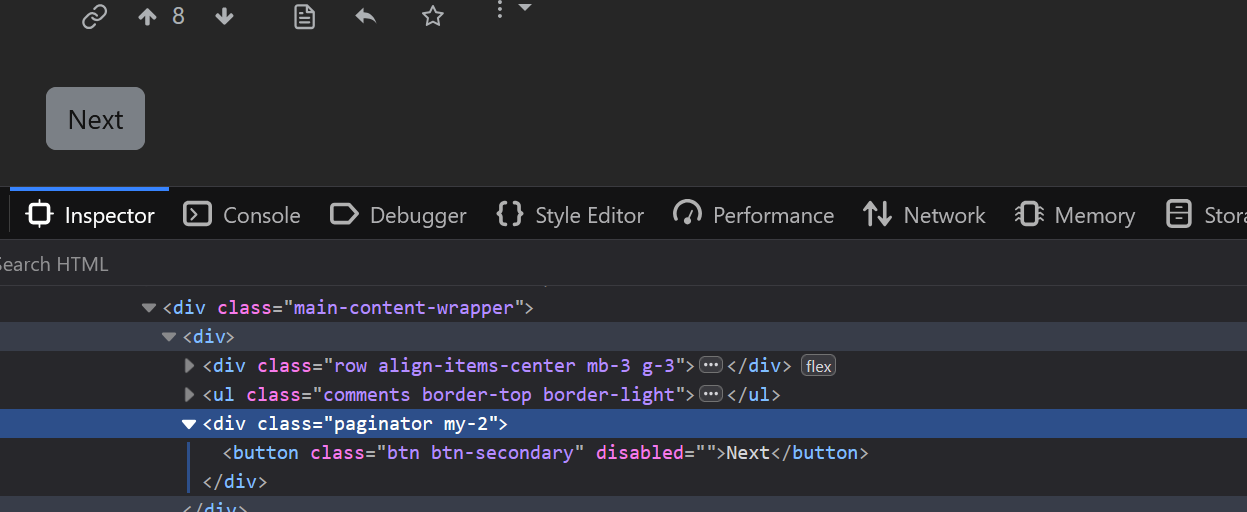

they probably do. I worked for a content-as-a-service company that had a contract to deliver our product, airgapped, to a three-letter agency on a regular schedule, and we were a tiny company. Microsoft’s biggest customer is probably the U.S. government; I’d be shocked if they don’t provide an in-house airgapped set of full Azure services for the entire intelligence agency system.



It’s even worse when you add the next few words:
The machine readable docs is the docstrings (or XML Documentation Comments or whatev), and the code itself. LLMs have completely melted these people’s brains.